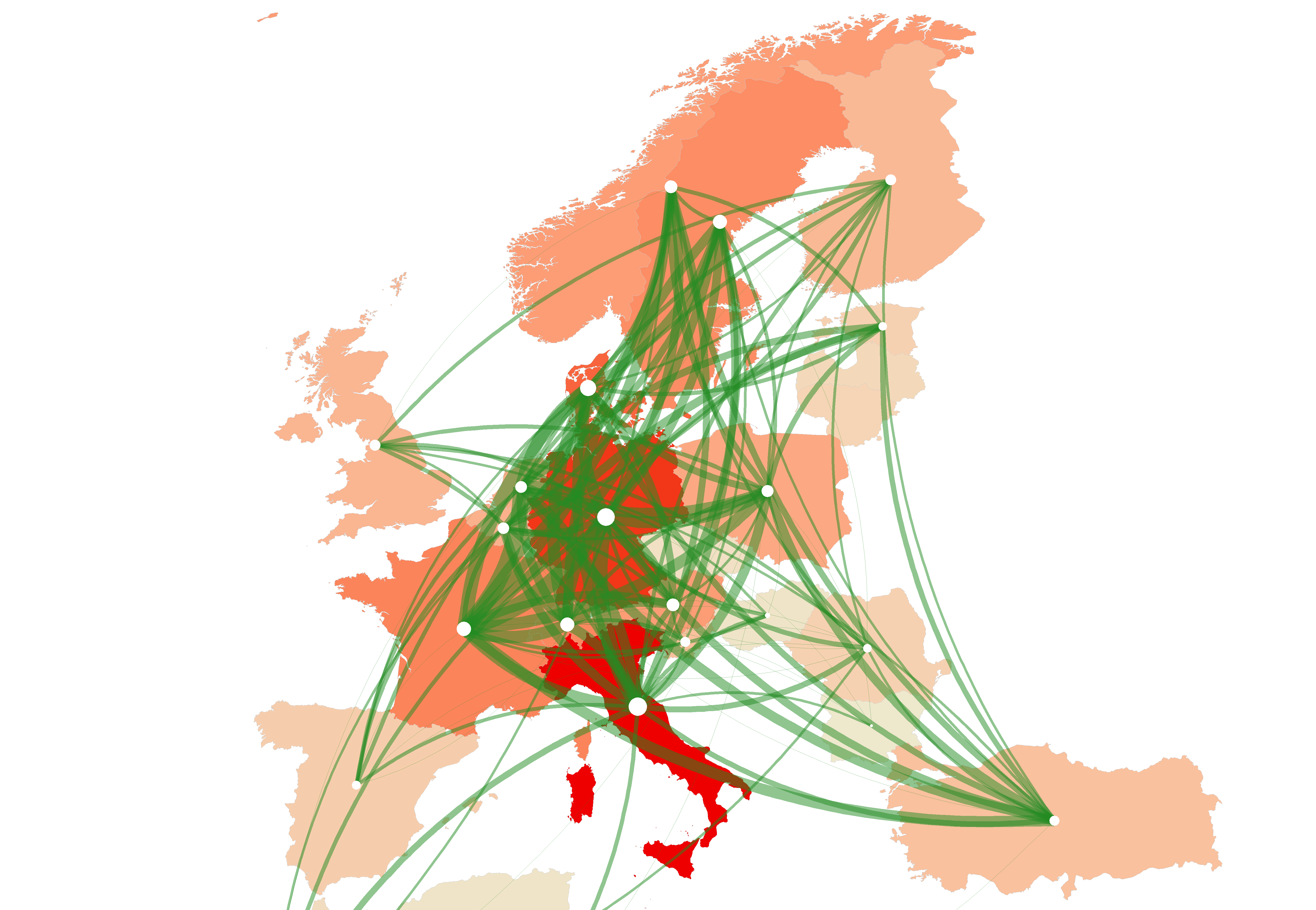- Final research seminar in Brussels
CORE Organic is an ERA-NET - a network of European ministries and research councils funding research in organic food systems at national levels. The objective of the ERA-NET is to join forces and fund transnational research projects support a focused and coordinated research and innovation effort covering the most important challenges along the organic value chains. CORE Organic is the acronym for "Coordination of European Transnational Research in Organic Food and Farming Systems".
CORE Organic Cofund (2016-2022) is a collaboration between 27 partners in 19 countries/regions on funding transnational research projects in the area of organic food and farming. CORE Organic Cofund has in total funded 29 research projects based on funds from participating countries and funding from the European Commission.
News from CORE Organic
Find information about
Secretariat
Main coordinator: Ivana Trkulja, ICROFS
Editor of news items: Karin Ullven, Epok
Website/newsletter design: Christine Dilling, ICROFS
CORE Organic Cofund projects
Get a quick overview of all the CORE Organic Cofund projects

